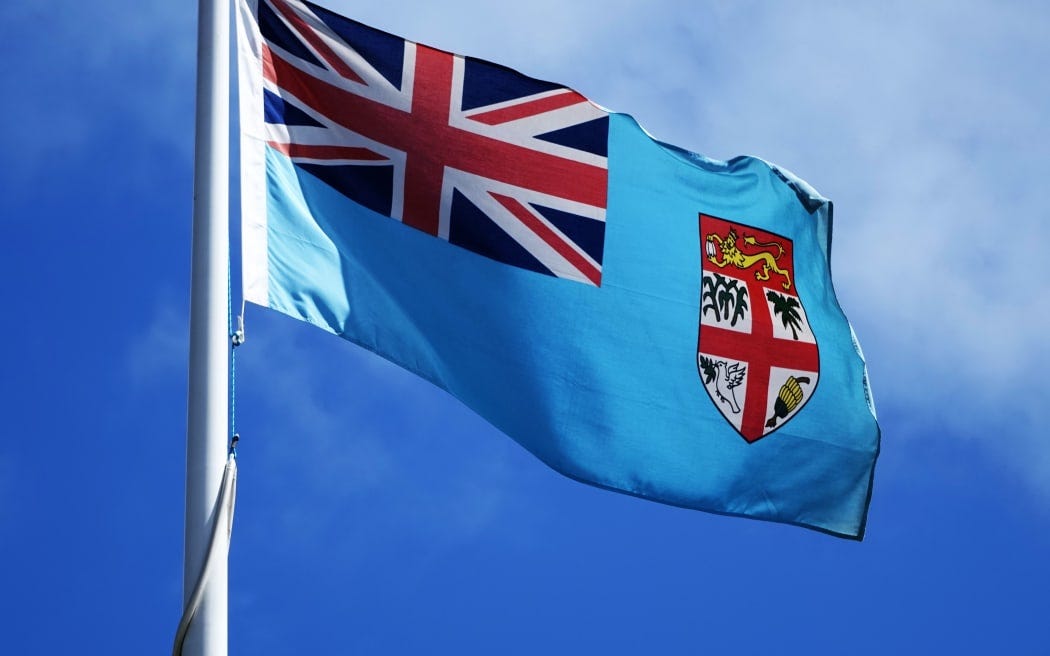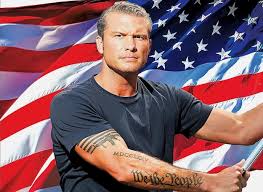by Martin Haffner Associte Editor
Fiji’s Prime Minister, Sitiveni Rabuka, is set to embark on a crucial diplomatic mission to Washington, D.C., to address pressing concerns from Pacific Island nations regarding the recent freeze on U.S. aid. The move comes amid growing apprehension among Pacific leaders about the implications of U.S. budgetary decisions and the influence of geopolitical rivalries in the region.
Rabuka, who has emphasized the need for stronger collaboration and support from major powers, aims to advocate for the interests of the Pacific Islands at a time when climate change, economic stability, and security are paramount. The U.S. government has recently halted aid to several Pacific nations, citing budget constraints, a decision that has raised alarm among leaders who rely on these funds for infrastructure projects, disaster response initiatives, and vital health services.
“The Pacific Islands are at a crossroads, facing existential threats from climate change and economic vulnerabilities. It is essential that we secure a more robust and consistent partnership with the United States,” Rabuka stated in a press conference before his departure. “We will be voicing the collective concerns of the Pacific region to ensure that our voices are heard and our needs are prioritized.”
The summit in Washington is expected to be attended by senior officials from the U.S. State Department, representatives from the U.S. Agency for International Development (USAID), and Pacific Island leaders. Discussions will focus on finding ways to reopen dialogue on aid, assess the ongoing impacts of the funding freeze, and explore alternative avenues for support, such as military partnerships and sustainable development initiatives.
The freeze on U.S. aid comes at a time when China has been expanding its influence in the Pacific, leading to intensified competition between the two world powers for strategic alliances. Rabuka’s visit seeks to reinforce the importance of the Pacific Islands in U.S. foreign policy and to remind Washington of the region’s critical role in maintaining stability and security in the Indo-Pacific.
“The Pacific Islands are not just a footnote in U.S. policy; we are an integral part of the global community,” said Rabuka. “We urge the U.S. to consider the long-term implications of its decisions and to work collaboratively with Pacific nations to foster resilience and development.”
The Pacific Islands Forum, a regional political and economic policy organization, has also voiced its concerns, calling for a reassessment of U.S. aid priorities and urging solidarity among member states. “We are all in this together, and our collective security and prosperity hinge on sustained support from our partners,” a spokesperson for the organization remarked.
As Rabuka prepares for his visit, the stakes are high for not only Fiji but the entire Pacific region. The outcomes of the discussions in Washington could have lasting implications for the economy, security, and environmental resilience of the islands, further shaping the dynamics between the Pacific nations and global powers in a rapidly changing geopolitical landscape.
Stay tuned for updates as this story develops.



